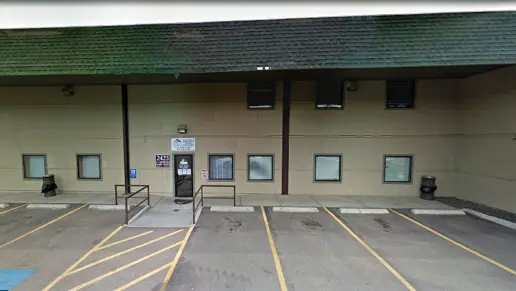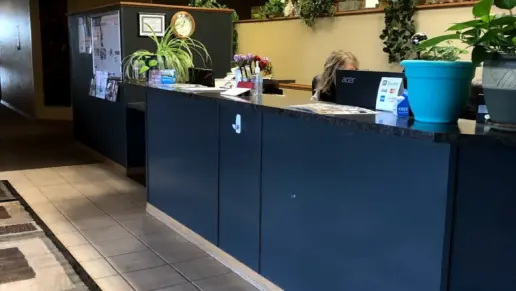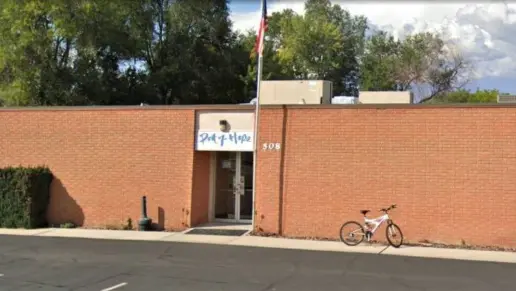The most abusive and disgusting mental hospital you could possibly go to. Just go to state.
About Intermountain Hospital
Intermountain Hospital is a dual diagnosis mental health and substance use disorder treatment center for adolescents and adults, located in Boise, Idaho. They offer many different kinds of psychiatric services, including age specific inpatient treatment programs, partial hospitalization (PHP) and intensive outpatient (IOP) programs, and community referrals. To direct clients to the appropriate resources, they provide 24/7 risk assessments in person or online.
If you need to begin your recovery journey in a safe and sober environment, inpatient treatment may be the recommended first step. Here, they offer four different types of inpatient programs based on age. The Journeys Program and CAST Program are designed for teenagers, helping them overcome thoughts of hurting themselves and substance abuse disorder, respectively.
The New Start Program is for adults who need alcohol and drug rehab services and may also require treatment for co-occurring conditions. The Generations Program helps senior adults who are struggling with substance abuse and mental health concerns. Clients can receive counseling and rehabilitative services through all of these programs.
This strategic separation is one aspect of the facility that I believe is truly unique. It allows everyone to receive dedicated support from a team that is experienced and qualified to treat their specific condition.
If you need outpatient programming, those services are available as well. Outpatient services usually include a combination of individual and group counseling, recovery focused education, and life skills training. The goal is to prepare clients to successfully contribute to their homes, workplaces, and communities as they live a life of health and sobriety.
One of the things that clients love the most about this facility is the caring team. Reviews note that the staff members go above and beyond to make sure clients are comfortable and have access to the services they need. This includes connecting clients to community resources that can provide continued assistance when treatment is complete.
Latest Reviews
Gallery
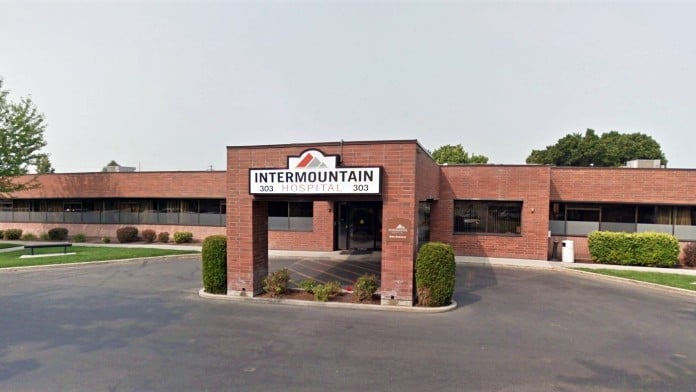
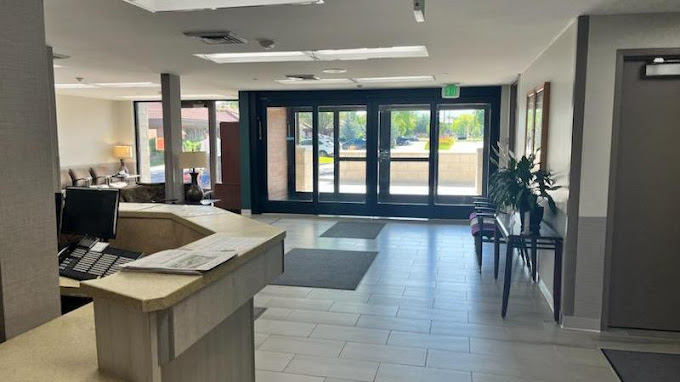
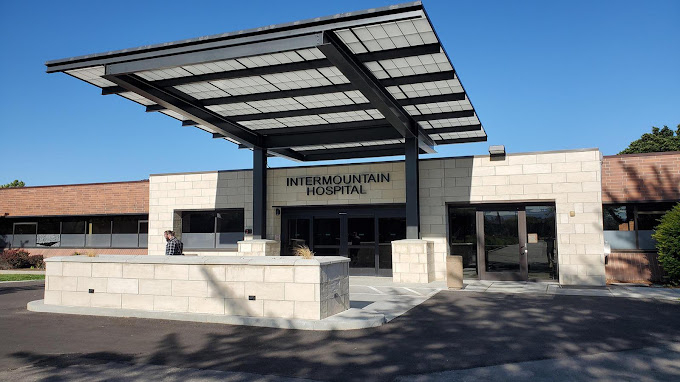
Location
Accepted Insurance
Other Forms of Payment
Private insurance refers to any kind of healthcare coverage that isn't from the state or federal government. This includes individual and family plans offered by an employer or purchased from the Insurance Marketplace. Every plan will have different requirements and out of pocket costs so be sure to get the full details before you start treatment.
Self-pay involves paying for treatment out of your own pocket. You can use savings or credit, get a personal loan, or receive help from family and friends to fund your treatment. If you don't have insurance or your insurance plan doesn't cover a specific program, self-pay can help ensure you still get the care you need.
Medicare is a federal program that provides health insurance for those 65 and older. It also serves people under 65 with chronic and disabling health challenges. To use Medicare for addiction treatment you need to find a program that accepts Medicare and is in network with your plan. Out of pocket costs and preauthorization requirements vary, so always check with your provider.
Military members, veterans, and eligible dependents have access to specific insurance programs that help them get the care they need. TRICARE and VA insurance can help you access low cost or no cost addiction and mental health treatment. Programs that accept military insurance often have targeted treatment focused on the unique challenges military members, veterans, and their families face.
Medicaid is a state based program that helps lower-income individuals and families pay for healthcare. Medicaid covers addiction treatment so those enrolled can use their coverage to pay for rehab. When a program accepts Medicaid the client often pays very little or nothing out of their own pocket.
Addiction Treatments
Levels of Care
Treatments
Many of those suffering from addiction also suffer from mental or emotional illnesses like schizophrenia, bipolar disorder, depression, or anxiety disorders. Rehab and other substance abuse facilities treating those with a dual diagnosis or co-occurring disorder administer psychiatric treatment to address the person's mental health issue in addition to drug and alcohol rehabilitation.
A combined mental health and substance abuse rehab has the staff and resources available to handle individuals with both mental health and substance abuse issues. It can be challenging to determine where a specific symptom stems from (a mental health issue or an issue related to substance abuse), so mental health and substance abuse professionals are helpful in detangling symptoms and keeping treatment on track.
Programs









Clinical Services
In individual therapy, a patient meets one-on-one with a trained psychologist or counselor. Therapy is a pivotal part of effective substance abuse treatment, as it often covers root causes of addiction, including challenges faced by the patient in their social, family, and work/school life.
Unlike other more coercive methods, motivational interviewing does not impose change on the client. Instead, the therapist asks questions, listens, and reflects the client's thoughts back to them. This helps the person come to their own conclusions and supports making changes on their own terms based on those conclusions.
Research clearly demonstrates that recovery is far more successful and sustainable when loved ones like family members participate in rehab and substance abuse treatment. Genetic factors may be at play when it comes to drug and alcohol addiction, as well as mental health issues. Family dynamics often play a critical role in addiction triggers, and if properly educated, family members can be a strong source of support when it comes to rehabilitation.
Group therapy is any therapeutic work that happens in a group (not one-on-one). There are a number of different group therapy modalities, including support groups, experiential therapy, psycho-education, and more. Group therapy involves treatment as well as processing interaction between group members.
Nicotine replacement therapy gives your body a small, controlled amount of nicotine to reduce withdrawal and cravings. Formats include patches, gum, and lozenges. These tools can double your chances of quitting long term.
Accreditations

The Joint Commission, formerly known as JCAHO, is a nonprofit organization that accredits rehab organizations and programs. Founded in 1951, the Joint Commision's mission is to improve the quality of patient care and demonstrating the quality of patient care.
Joint Commission Accreditation: Yes
Contact Information
303 North Allumbaugh Street
Boise, ID 83704
